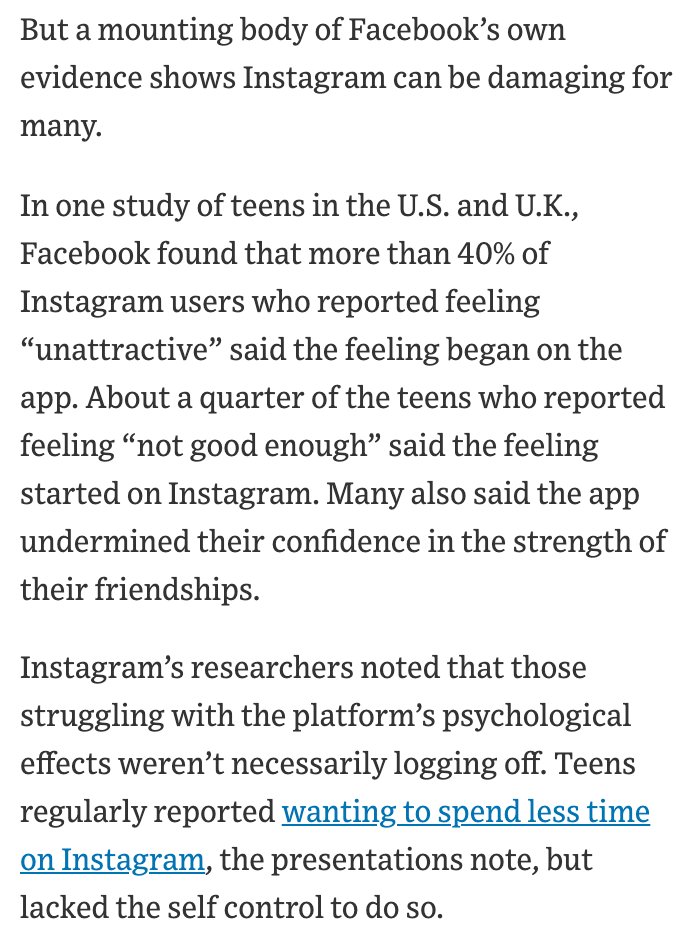
The ivermectin story is being framed as the apocalypse of institutional media, but it's more like a glaring reminder of a few oldish truths
1) Journalism was always a mix of great, good, mediocre, and shitty work. The Internet makes it easier to find and highlight ... all of it.
1) Journalism was always a mix of great, good, mediocre, and shitty work. The Internet makes it easier to find and highlight ... all of it.
https://twitter.com/paulg/status/1435169498584260608
2) There really is an epidemic of "team-picking" in institutional (and independent!) media. Subscription competition will make it worse—or better, if you like teams.
It's the 19th century, again, in news media, but this time, with an internet connection.
It's the 19th century, again, in news media, but this time, with an internet connection.
3) The most important public health story by far, isn't MSNBC's (etc) big ivermectin fail but the vax denial led by a mix of institutional (Fox) and independent voices. It's kinda galling to see so many smart ppl miss the forest of vaccine denial for the tree of ivermectin b.s.
If you've found yourself tweeting nonstop about Maddow's (etc) bad tweet and haven't really chimed in re: the nonstop stream of anti-vax bullshit emanating from FNC primetime, I think you should ask yourself why you find the first story so much more compelling than the second.
We have to find a way to illuminate the problems of institutions without fetishing institution-phobia.
But the emerging age of subscription media in an information abundant world privileges the skill of anti-institutional "ideological positioning."
This will be a problem.
But the emerging age of subscription media in an information abundant world privileges the skill of anti-institutional "ideological positioning."
This will be a problem.
• • •
Missing some Tweet in this thread? You can try to
force a refresh










